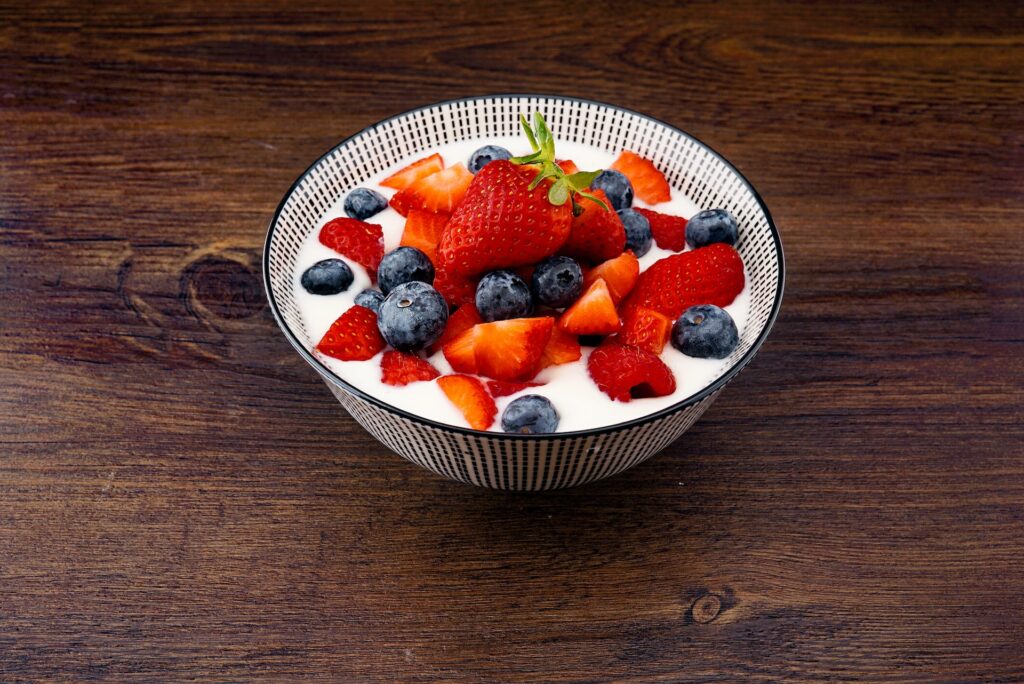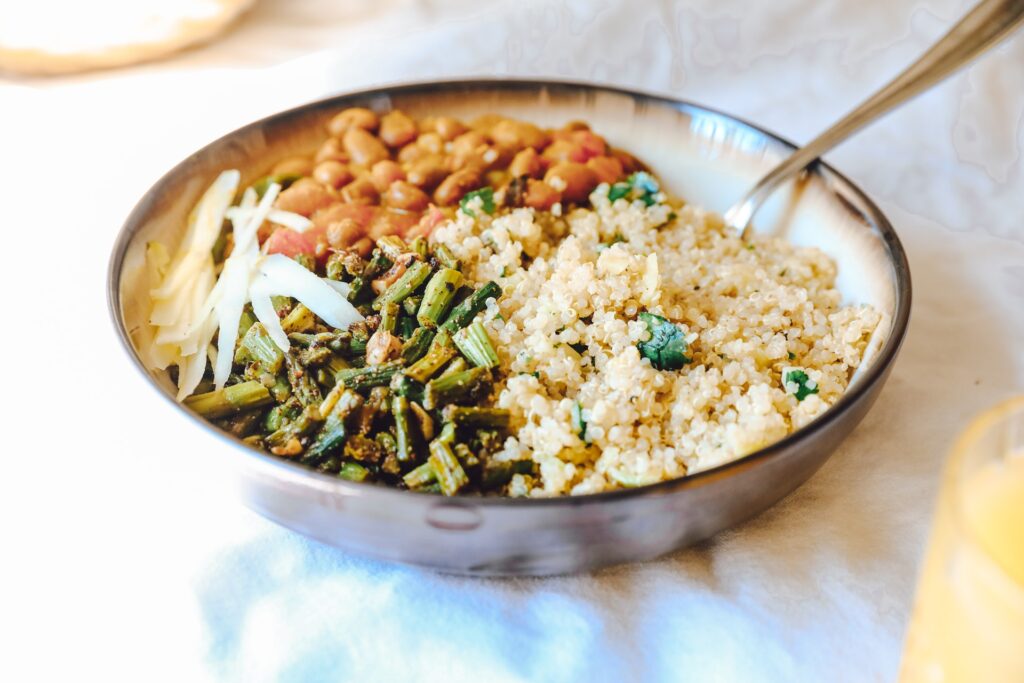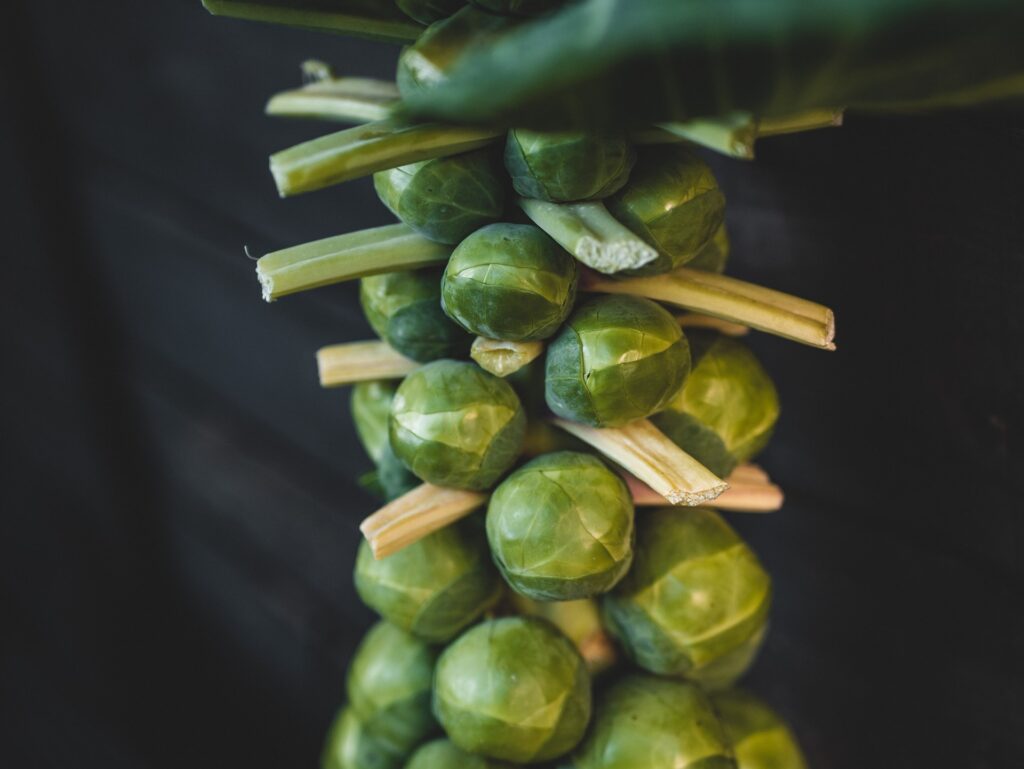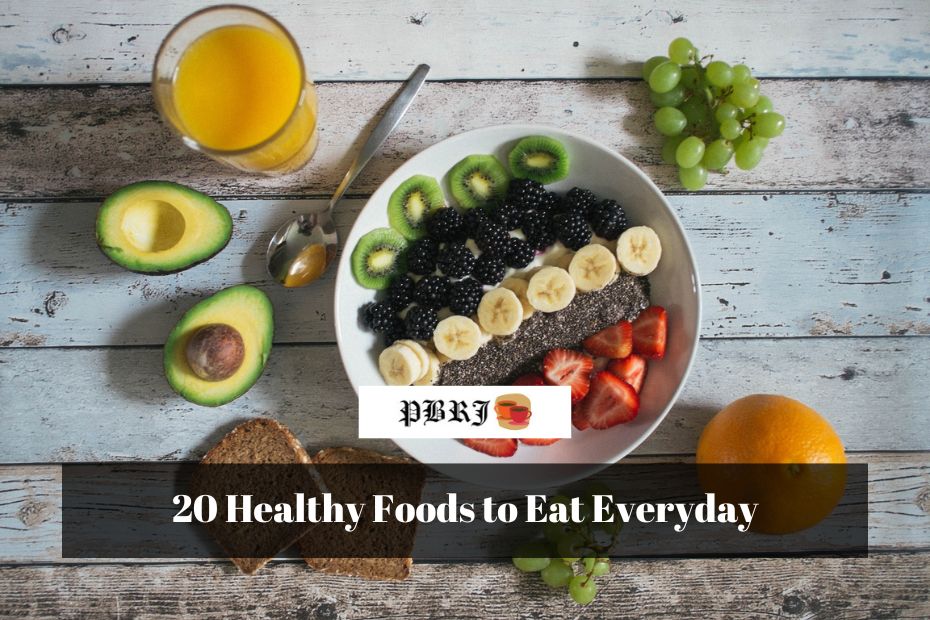Twenty nutritious dishes for daily consumption, A substantial surge in the population of health-conscious individuals interested in physical fitness has occurred over the last two decades. As time passed, nutrition charts and meticulous diet plans filled the pages of daily agendas. However, shouldn’t there be a simpler way to maintain excellent health and a healthy diet?
After countless attempts, individuals have developed the most refined eating habits and food choices. We reasoned that identifying the richest nutrients for daily consumption would be advantageous.
In addition to a list of twenty nutritious foods to incorporate into your daily diet, we have also included some guidance to assist you in practicing moderation in your overall eating practices. By adopting this as a general principle, you will achieve enhanced physical condition with minimal effort.
1. Olives

While the occasional martini might incorporate one or two olives, olives have far more practical applications. Olives provide vitamin E and A, as well as fortify connective tissue, UV radiation protection, and complexion enhancement. Consisting of a diet rich in monounsaturated lipids improves heart health and decreases LDL levels.
Olives are also an excellent source of flavonoids, which possess anti-inflammatory properties. Olives, whether black, green, Kalamata, or filled with pimento, will enhance the flavor and nutritional value of your dish.
2. Cucumber
Given the frequent comparison between humans and cucumbers, it is indisputable that cucumbers offer a multitude of advantages. Cucumbers are flavorful and lightweight due to the fact that they consist of 95% water. Cucumber, by weight, is the dietary item with the highest water content.
When you are not in the mood for fluids, incorporating cucumbers into a salad or consuming them directly can assist in rehydration and digestion. Moreover, their inherent low caloric content renders them an outstanding selection for individuals seeking to lose weight.
3. Jackfruit
Jackfruit is currently the upcoming health dietary trend. While the introduction of jackfruit tacos led to the success of vegan restaurants. The fruit’s undervaluation persists. Jackfruits are vitamin and mineral dense, possess a succulent, fleshy consistency, and are devoid of cholesterol and saturated fat. Although the majority of B vitamins are obtained from animal sources, jackfruit is notably abundant in vitamin B Complex, an indispensable nutrient for energy metabolism.
4. Avocados
The health benefits associated with avocados are remarkable. It is not surprising that you have developed a strong affinity towards them. Including healthful lipids and immune-boosting vitamin C, they are an excellent addition to virtually any dish. Whether utilized as a sandwich spread or served alongside eggs as a side entrée. “A delicious and nutritious dish!”
For those who have difficulty consuming enough fiber, avocados may offer as much as 40 percent of the daily fiber requirement. Allow guacamole to overflow!
5. Watermelon
Numerous factors contribute to the fact that nutritionists advise watermelons as one of the most prevalent foods. Desire to improve your physical appearance? Commence consuming a glass of revitalizing red watermelon juice.
Watermelons, like cucumbers, provide an exceptional means of sustaining hydration. They possess remarkable electrolyte content, particularly potassium, a vital element for maintaining cellular hydration. Hydrating ingredients aid in preserving the youthful and blemish-free appearance of the skin.
Additionally, vitamin C, a potent antioxidant that enhances skin elasticity and retards the aging process, is abundant in the peel. L-Citrulline, a vasodilator that facilitates oxygen delivery to all cells, and lycopene, which promotes collagen regrowth, are also abundant. These compounds inhibit damage caused by UV rays.
6. Greek Yogurt

Greek yoghurt is protein, probiotics, and calcium. Probiotics are advantageous microbiota that are present in the gastrointestinal tract. The equilibrium between beneficial and detrimental microorganisms contributes to the maintenance of immunity, gut health, and overall health. Furthermore, its high protein content aids in the preservation of muscle mass with advancing age and supplies sustained energy. It may be an especially abundant source of protein for vegetarians. In addition, Greek yogurt contains calcium, an essential mineral for bone health that is deficient in many Americans
7. Swiss Chard
Swiss chard is a verdant, nutrient-dense green vegetable. It functions to improve cardiovascular fitness and foster bone health. Furthermore, it possesses an exceptional vitamin K content.
Vitamin K is essential for bone health as it facilitates the process of calcium fixation within the skeletal system. In its absence, calcium cannot be assimilated by the bones, which is essential for both growth and restoration.
8. Chia seeds
Although chia seeds are minuscule in size, they are rich in omega-3 fatty acids, which reduce risk factors for cardiovascular disease. Moreover, by weight, they contain more fiber than any other product.
It can be integrated into oatmeal, salad vinaigrette, or yogurt. Chia seeds, akin to yogurt, serve as a commendable source of non-animal protein.
9. Walnut Pesto
This item has the most flavor and creaminess of the entire roster. An aromatic condiment that is drizzled over toast or mixed into pasta? We find pesto obsession to be incomprehensible. Pesto is a composite dish composed primarily of flavorful cheese, olive oil, and verdant herbs. Due to their omega-3 content and distinctively robust flavor, walnuts serve as an exceptional complement to this dish. Herbs used in pesto have the highest ORAC value (an antioxidant level measurement) of any food.
10. Apple Cider Vinegar
Apple cider vinegar is an indispensable ingredient in the kitchen. This potent vinegar aids in the maintenance of a healthy alkaline pH level in tissues and muscles. That which contributes to the prevention of acne, fatigue, weight problems, and inflammation.
11. Amaranth
Amaranth is nutritious and palatable for the midriff. Akin to quinoa, amaranth is not a cereal but rather the kernel of the amaranth plant. An exceptionally high calcium content and a superb source of protein.
These nourishing grains can be consumed raw or cooked in water, analogous to how rice is prepared. Amaranth is a miraculous food for individuals with Celiac disease due to its gluten-free nature. It has been shown to decrease the likelihood of developing chronic diseases like cardiovascular disease and stroke.
12. Ginger
Gingerol, a compound found in ginger, has demonstrated efficacy in the treatment of various symptoms including vertigo, indigestion, and regurgitation. Ginger is among the most expeditious remedies for digestive disorders. Anti-inflammatory properties of this compound contribute to the relief of joint pain and inflammation.”Ginger tea as a remedy for bloating?” We shall begin to pour water.
13. Quinoa

Quinoa is a high-fiber and magnesium-rich food, in addition to being an exceptional source of protein. It is a multipurpose plant-based protein that is frequently used in baked goods and can be used in place of rice in a variety of recipes. Almost anything can be supplemented with it in order to raise the protein content. The chocolate is exquisitely complemented by the brittle texture, which elevates the decadence of every morsel.
14. Sweet Potatoes
A rich source of beta-carotene, sweet potatoes provide an essential nutrient for the maintenance of healthy eyes and epidermis. Sweet potatoes, as opposed to traditional potatoes, are rich in fiber and can be incorporated into casseroles, served as a side dish when broiled or steamed, or deep-fried. When potatoes are baked with cinnamon and a pinch of butter, they become sweet.
15. Hemp Seeds
Increasing the consumption of plant-based proteins is vital for maintaining a nutritious diet. These alternatives are appropriate for individuals who experience difficulty tolerating hazelnuts. Hemp seeds are a valuable source of fiber in addition to their substantial protein content. Plants are the only organisms to contain fiber; animal diets do not contain it. Omega-3 fatty acids, which are anti-inflammatory, are in hemp kernels.
Being that hemp seeds fulfill every protein requirement of a vegetarian, they are an asset for vegetarians. Hemp seeds contain five grams of protein and have a nutty, granular consistency when combined in two tablespoons.
Hemp seeds are rich in beneficial fatty acids that aid in the development of healthy gut bacteria, reduce inflammation, and promote heart and cognitive health.
16. Goji berries
Antioxidants derived from plants abound in goji berries, providing protection against the detrimental effects of free radicals that induce diseases. According to studies, they might even be instrumental in facilitating weight loss. A recent study found that overweight adults who consumed goji berry juice for two weeks had a reduced waist circumference compared to those who were administered a placebo.
Goji berries may be incorporated into salads and oatmeal. A handful of fresh berries would provide a natural, tangy energy increase.
17. Kale
Kale is a remarkable reservoir of essential vitamins and minerals. This leafy cabbage is rich in phytonutrients, which are plant-based compounds that are thought to have health benefits for humans. Phytonutrients enhance cellular communication and operation, in addition to facilitating the regular progression of enzymatic processes within the organism. By including kale in your dietary regimen, you can establish a solid foundation for a resilient immune system that effectively defends against diseases.
18. Brussels Sprouts

One may consider oneself fortunate in not being a member of the Brussels sprouts loathing club. In addition to vitamin C, brussels sprouts are rich in vitamin A, an essential nutrient for the development and growth of the eyes.
Furthermore, these substances comprise the botanical compounds lutein and zeaxanthin. There is a possibility that these nutrients could decrease the risk of developing eye diseases like macular degeneration. One cup of micro cabbages contains precisely one hundred percent of the daily requirements for vitamin C and vitamin K. As a result, blood coagulation is improved, which is vital for the development of healthy bones.
19. Wild Salmon
Salmon, due to its status as a viscous delicacy, is rich in omega-3 fatty acids. It is pink in color and contains a unique combination of antioxidants, including astaxanthin and DMAE. It has been demonstrated that each of these decreases inflammation and promotes a youthful appearance.
20. Cream Cheese Based on Nuts
Devoid of these delightful spreads, affection without dairy is inconsequential. Individuals who have given up dairy are cognizant of the fact that finding a healthy alternative to cream cheese is essentially impossible. A product that is devoid of additives, partially hydrogenated lipids, and soy.
Whether one is a novice to non-dairy alternatives or continues to value dairy products, the pursuit of nut-based cream will not let down. This delectable cream cheese derived from nuts is revolutionizing the non-dairy industry with its silky texture and all-natural components. Spread chive flavor on uncooked portobello mushrooms or on a bagel, or simply savor the classic richness as it is
Conclusion
A number of these foods are easy to integrate into your routine, whether your goal is to completely revamp your diet or simply change things up.
A considerable number of the aforementioned foods not only replenish vital nutrients but also serve as delectable treats. Some may even encourage the loss of weight.
| Homepage | Click Here |
| Best Drinks That Can Help You Lose Weight (It’s Not Just Water!) | Click Here |

